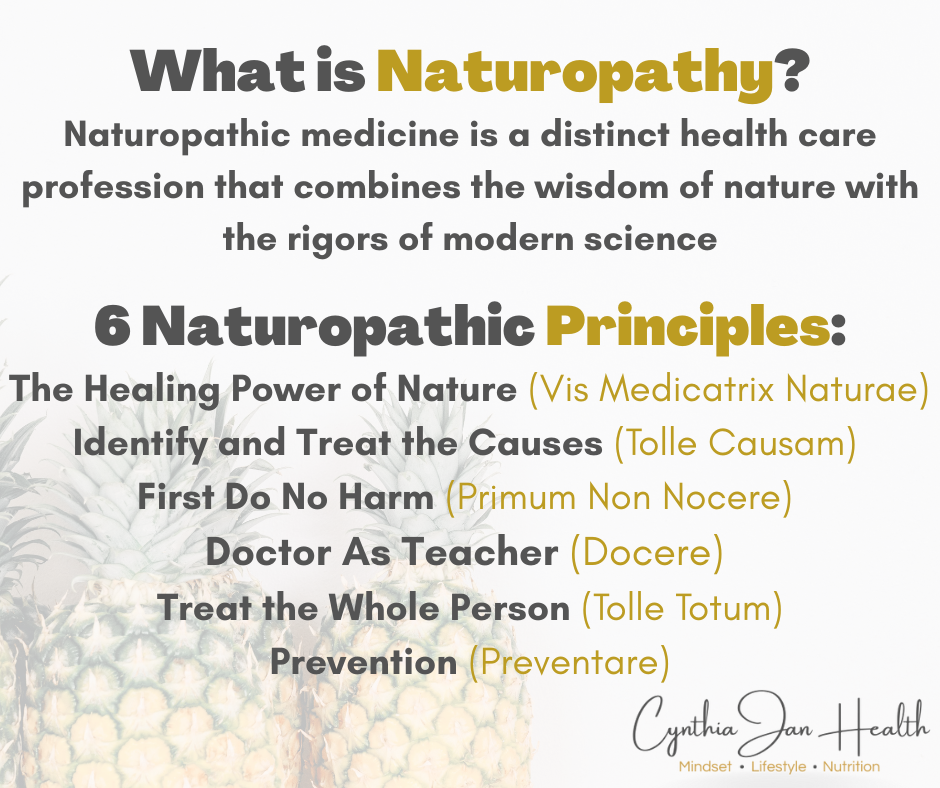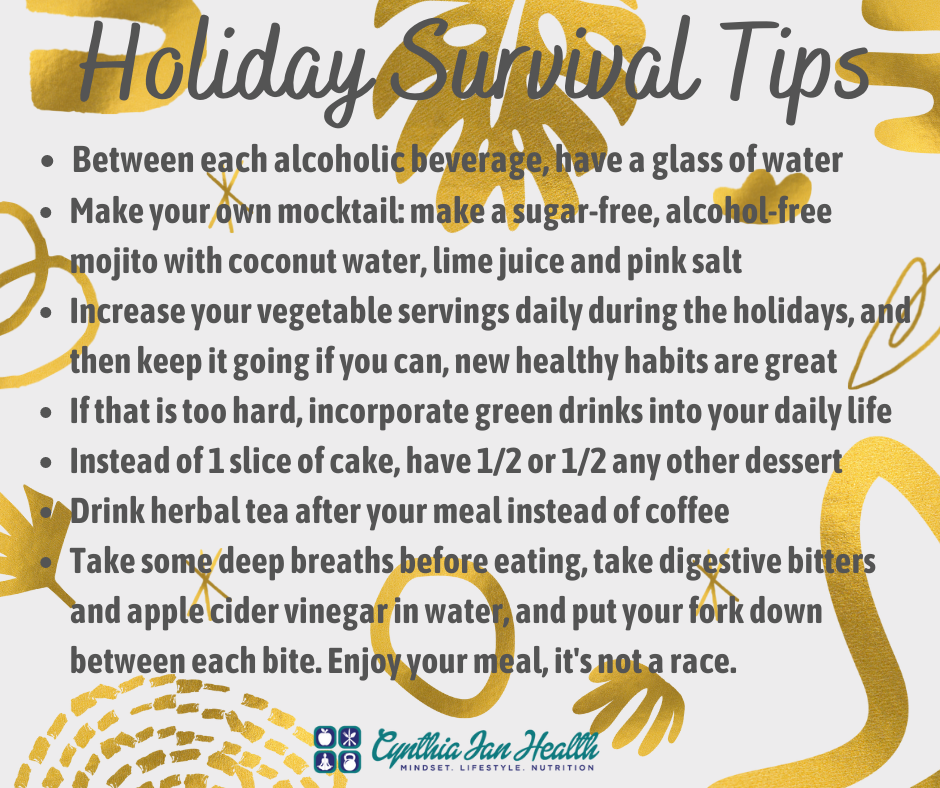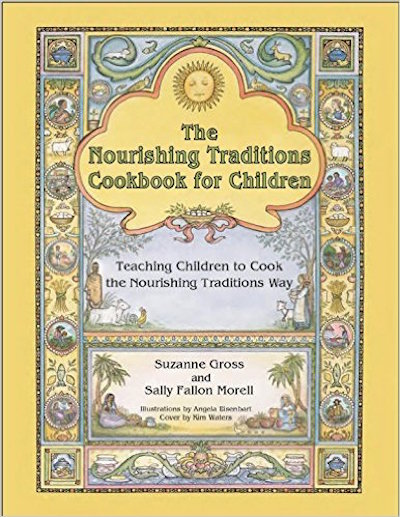MENTAL ILLNESS, NATURAL NUTRITION APPROACH
It doesn’t have to be Mental Health Month to talk about mental illness, right? Mental illness is common and unfortunately stigmatized in our society and speaking openly about it helps create awareness and also helps those who suffer from this condition.
Would you recognize depression if it stared you right in the face? What if it was someone you loved, your spouse, your parent, your sibling, your friend? What if it was you? What would you do? Would you confide in someone, would you ask for help, would you live in isolation? In that deepest moment, when you’re heart feels broken, and in that deeper moment when your soul is broken, what do you do? Giving up is often the only solution or feeling you have left! There is a saying that says, when you’re unhappy, every cell in your body is unhappy! On the other end of the spectrum, have you felt happiness, that inexplicable euphoric feeling? That walking on the clouds feeling, that dance in your heart! What different feelings I’ve just described here, right? It is inevitable that those who suffer in silence, those who are depressed, those who long for that euphoric feeling, have sadly forgotten what it feels like to feel good! If you encounter anyone you feel might be hitting rock bottom, it is ok to ask, it is ok to offer help and guidance, and it is ok to pick someone up off the ground. No one deserves to be there. Surprisingly, it is in a depressed state of mind where we sometimes learn to let go, to give up, and find a way to come back and fight back! The saying there is light at the end of the tunnel should be our constant mantra, to pull through! Being able to see what is happening to us when we are faced with mental illness is one of the first steps we can take towards healing.
Were you aware that diseases have a psycho-spiritual association behind them? For example, depression is associated with hopelessness, anxiety is associated with not trusting the flow and process of life, knee pain is associated with not feeling supported, cancer is associated with deep hurt and long time resentment and finally, constipation is associated with the inability to let go. Many other psycho-spiritual connections to disease exist and a great resource is “Heal your Life” by Louise Hay.
WHAT IS MENTAL ILLNESS? Depression, including anxiety affects one in five North Americans aged 18 years and older and affects twice as many women. So what is depression/mental illness? There exist various types of mental illnesses but essentially it is a state in which one falls short of what is considered normal or acceptable. From being unhappy for no apparent reason to exploding over the smallest stress. At this point in this person’s life, the individual is not coping with day to day life, is often unhappy, lives frequent distress and can be afraid, often. This illness affects the whole body, the nervous system, moods, thoughts and behaviors. Some of the triggers could be stress, tension, a traumatic life event, stimulated immune system, thyroid disorders, nutritional deficiencies, poor diet, consumption of sugar and lack of exercise to name a few. What other explanation do we have for behaving this way? First and foremost, we must understand and believe that our minds and bodies are interconnected and both need one another to live. For example, when you get embarrassed, this being an emotion, your physical body reacts by blushing or when you have anxiety, which is your emotion, your physical reactions are sweaty palms, fast heart beat and shortness of breath. These experiences highlight the interconnection of the mind and body and how they work in synergy together. Thus, creating a healthy gut goes a long way in creating a healthy mind. Individuals prone to mental illness often are lacking B-vitamins and have issues with regulating their blood sugar levels. Some of the symptoms of dysglycemia (high/low blood sugar) include chronic fatigue, feeling weak, frequent mood swings, difficulty concentrating, etc. B-vitamins are obtained from foods, with animal foods being the best sources, but what is more interesting is that they are mainly manufactured by our own gut, and the gut needs to be in top shape to work well to manufacture these much needed brain vitamins. Correcting these imbalances and making sure an individual is eating a varied diet with plenty of good nutrients and ensuring absorption by the gut can go a long way in disease prevention. Healthy digestive practices such as eating slowly, chewing thoroughly, not drinking during meals, avoiding ice cold water and taking digestive enzymes before each meal will help improve nutrient absorption. Foods we consume have a huge impact on our overall mood, as the levels of brain chemicals (neurotransmitters) which regulate our behaviors are controlled by what we eat, and therefore linked to our mood. These mood regulating neurotransmitters such as dopamine, serotonin and norepinephrine are mainly created in our guts! Mental illnesses are also often associated to other issues such as allergies to wheat, heavy metal toxicity, histamine imbalances, low serotonin levels and under/overactive thyroid which once again relates to the gut. All of this can be so confusing when we have all these different symptoms yet our minds and bodies are being looked at separately. Imagine how effective it could be for people if treatment included both mind and body as one!
WHAT TO DO?
So as described above, the foods we eat and the state of our gut are linked to mental illness. Interestingly, Hippocrates, the founding father of medicine said, ”All diseases begin in the gut”! And did you ever hear that your gut is your second brain? Do you ever have a gut feeling? Do you ever have butterflies in your belly? Let me explain more, first, 90% of all cells and genetic material are in your gut and 80% of your immune system is in your gut. Many of your hormones are manufactured in your gut for example; serotonin which affects your mood. Digestion happens in your gut as does absorption of nutrients which provide your body with the nutrients it needs to work properly! In order to be healthy, your gut flora has to be dominated by beneficial bacteria and not by the opportunistic (bad) bacteria, as is unfortunately the case for many. This creates toxicity in the body entering the blood stream, leading to disease, instead of a state of well-being. The toxins pass through the blood-brain barrier leading to issues with depression, anxiety and other psychological illnesses. Gut flora is negatively affected by antibiotics both via medication and consumption of animals fed antibiotics and hormones, medications, pesticides, herbicides, other chemicals, poor diet, stress and other environmental factors. So the question is how do you fix the problem? Consult a medical professional, and obtain a diagnosis so you can begin receiving help. Nutritionally, you need to heal and seal the gut through diet and consume healthy animal fats and fermented foods, which are loaded with probiotics! Juicing vegetables, eating a variety of vegetables and fruits both cooked and raw, adding healthy fats to your diet such as fatty fish, avocados, raw butter and ghee, and reducing or eliminating consumption of processed and sugary foods are key. Eat as closely to nature as possible. For example, eat a fruit instead of drinking juice from a box! Keep your blood sugar levels stable. To do so, include a protein, healthy fat and a complex carbohydrate at every snack and every meal. Also you can prepare a mixture of room temperature virgin coconut oil with some raw honey. Consume 1-2 teaspoons every 20 minutes during the day for at least 2 weeks. The way we live is also important; exercising, meditation, yoga, seeing a psychologist, being part of a group or community and building a healthy social circle can all help with mental illness. Surround yourself with positivity!Of course mental illness is a lot more complex than what I’ve written here today, but this is a base to get you started! Research, learn and grow! Lastly, I’ll say that nourishing your mind and nourishing your gut is a whole lot more important than just feeding your mind and gut! Think about what you are eating, and how you are nourishing your body, you deserve the best care!
Sources:
Dr. Campbell McBride, Natasha. Gut and Psychology Syndrome. Cambridge, MedInform Publishing, 2010.
Hay, Louise. You Can Heal Your Life. New York, Hay House Publishing, 2004.
Holford, Patrick. New Optimum Nutrition for the Mind. London, Basic Health Publications Inc., 2009.
Balch, Phyllis A. Prescription for Nutritional Healing. New York, Penguin Group, 2010.





